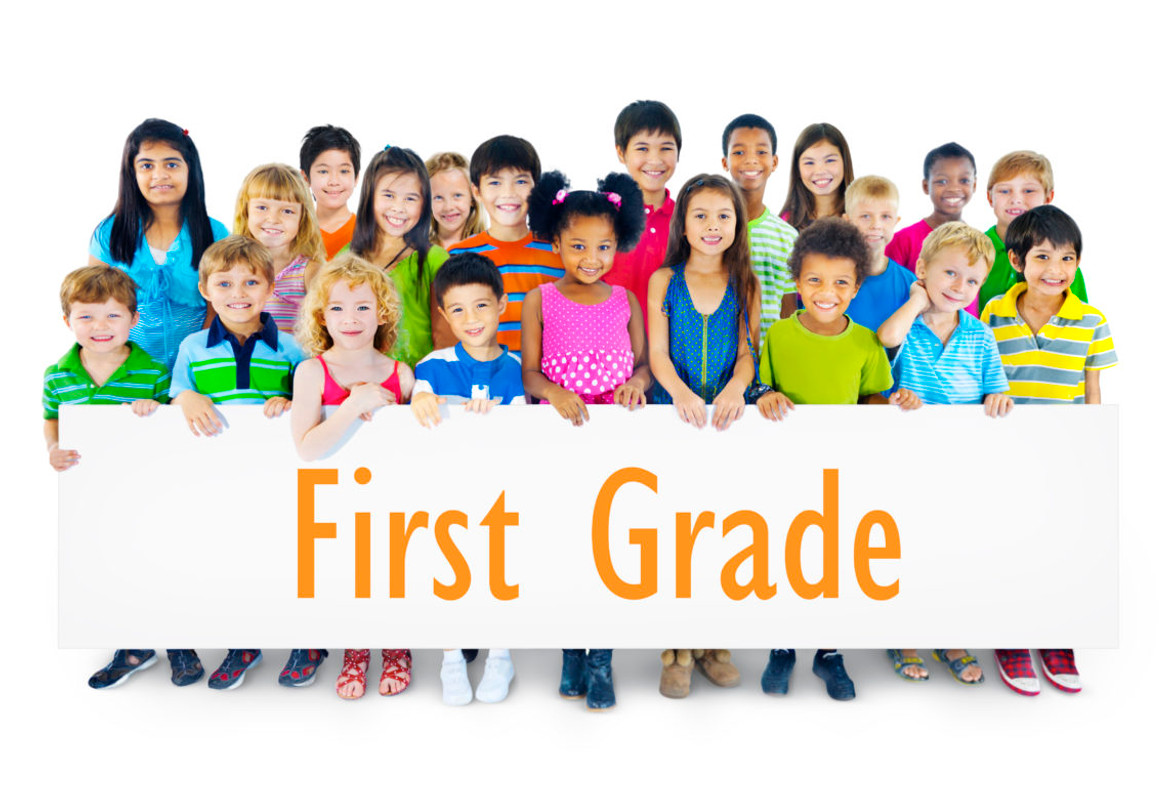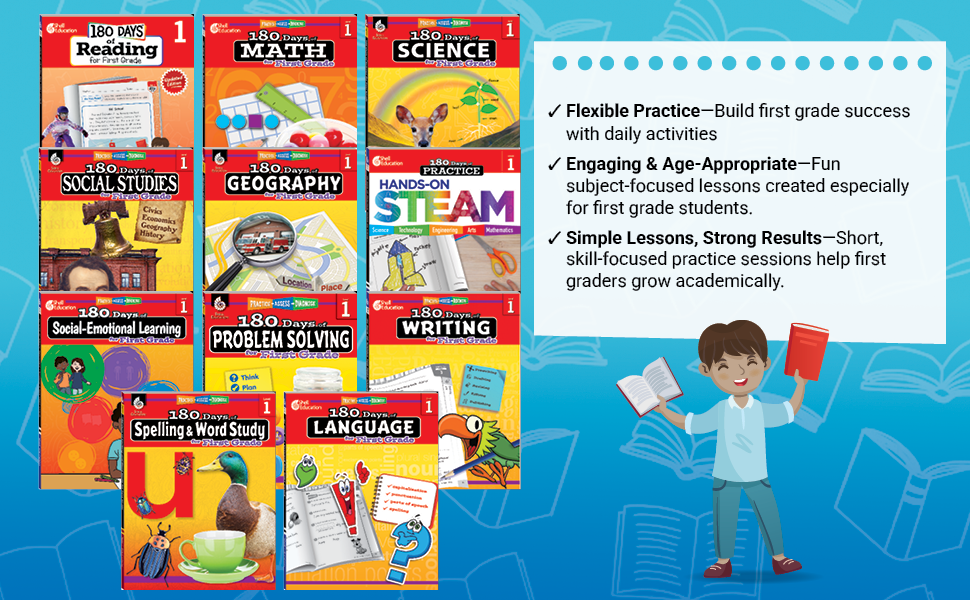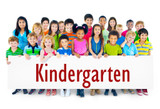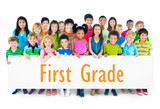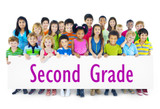What Your First Grader Should Be Learning
First grade is an exciting time in a child's educational journey. It marks the transition from the early years of kindergarten to more structured learning experiences. As children continue to grow and develop, there are key skills and concepts that they should be focusing on in first grade. In this article, we explore what your first grader should be learning and why these skills are important for their academic and personal growth.
1. Reading Fluency and Comprehension: In first grade, children continue to build upon the foundations of reading established in kindergarten. They should be developing fluency in decoding words and improving their comprehension skills. First graders engage in activities such as guided reading, phonics instruction, and discussions about stories to enhance their reading abilities.
2. Writing Skills: First graders begin to transition from emergent writing to more structured writing tasks. They learn about sentence structure, grammar, punctuation, and capitalization. Writing activities may include journaling, story writing, and responding to prompts, allowing children to express themselves and communicate their ideas effectively.
3. Basic Math Concepts: First grade math focuses on building a solid understanding of foundational concepts such as addition, subtraction, place value, and basic geometry. Children engage in hands-on activities, manipulatives, and problem-solving tasks to develop mathematical fluency and reasoning skills. They also begin to learn about measurement, time, and money.
4. Vocabulary Expansion: In first grade, children continue to expand their vocabulary through exposure to rich and diverse language experiences. They learn new words through reading, discussions, and explicit vocabulary instruction. A strong vocabulary is essential for comprehension, communication, and academic success across all subjects.
5. Critical Thinking and Problem-Solving: First graders are encouraged to think critically and solve problems in various contexts. They learn to analyze information, make connections, and draw conclusions. Activities such as puzzles, brain teasers, and hands-on experiments promote logical thinking and problem-solving skills.
6. Social Studies and Science Exploration: First grade introduces children to basic concepts in social studies and science. They learn about communities, cultures, geography, and the natural world through hands-on exploration and inquiry-based learning. These subjects foster curiosity, empathy, and an appreciation for the world around them.
7. Continued Fine Motor Development: Fine motor skills continue to be refined in first grade through activities such as handwriting, drawing, cutting, and crafting. These skills are essential for tasks that require precision and control, such as writing neatly, manipulating small objects, and using tools effectively.
8. Independent Learning and Study Skills: First graders begin to develop independence in their learning and study habits. They learn to follow directions, manage their time, and organize their materials. These skills lay the foundation for academic success and lifelong learning.
9. Cultural Awareness and Diversity: First grade provides opportunities for children to learn about different cultures, traditions, and perspectives. They develop an understanding and appreciation for diversity through literature, discussions, and celebrations, fostering empathy and respect for others.
10. Love for Learning: Above all, first grade should cultivate a love for learning. Children should feel curious, engaged, and motivated to explore new ideas and concepts. Fostering a positive attitude towards learning sets the stage for lifelong intellectual curiosity and academic achievement.
In summary, first grade is a critical time for building foundational skills and nurturing a love for learning. By focusing on reading, writing, math, critical thinking, and social-emotional development, educators and parents can ensure that first graders are well-prepared for the academic challenges ahead. It's not just about what children learn in first grade, but how they learn and the joy they derive from the process.
Recent Posts
-
What Your Kindergartener Should Be Learning
Kindergarten marks the beginning of a child's formal education journey—a time of exploration, discov …Jan 7th 2026 -
What Your First Grader Should Be Learning
First grade is an exciting time in a child's educational journey. It marks the transition from the e …Jan 6th 2026 -
What Your Second Grader Should Be Learning
Second grade is a pivotal year in a child's educational journey, marked by continued growth and expl …Jan 5th 2026

